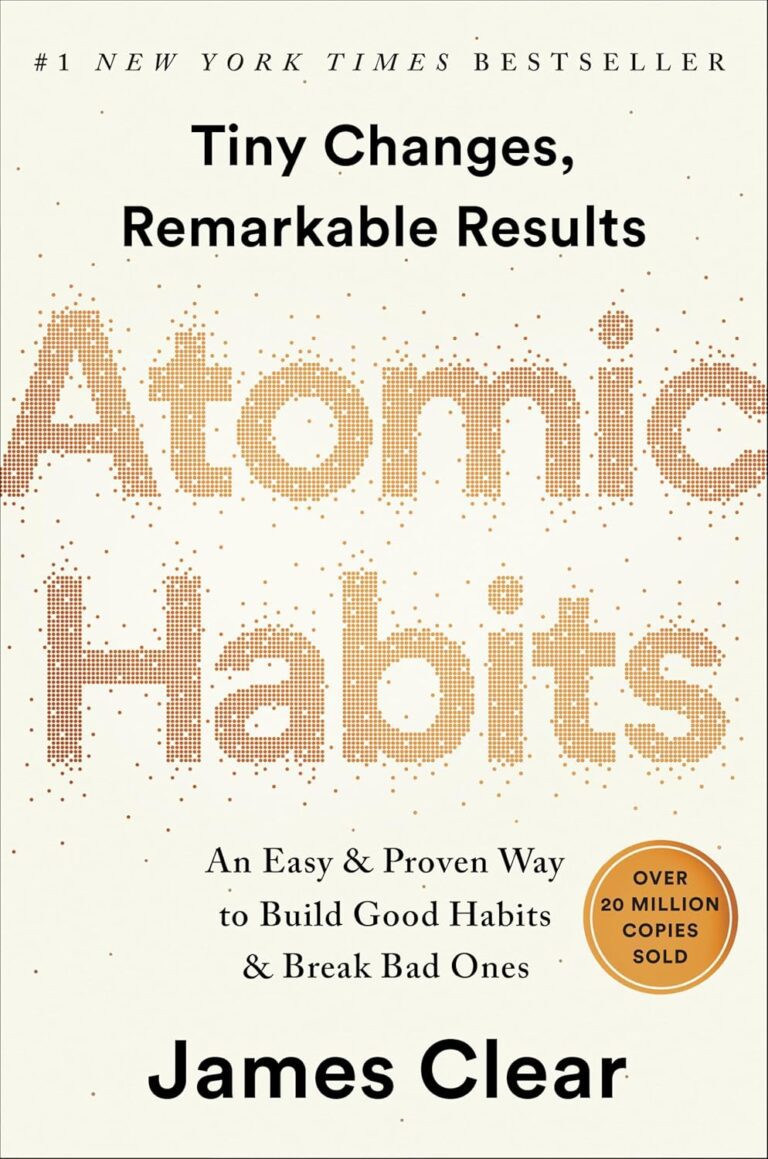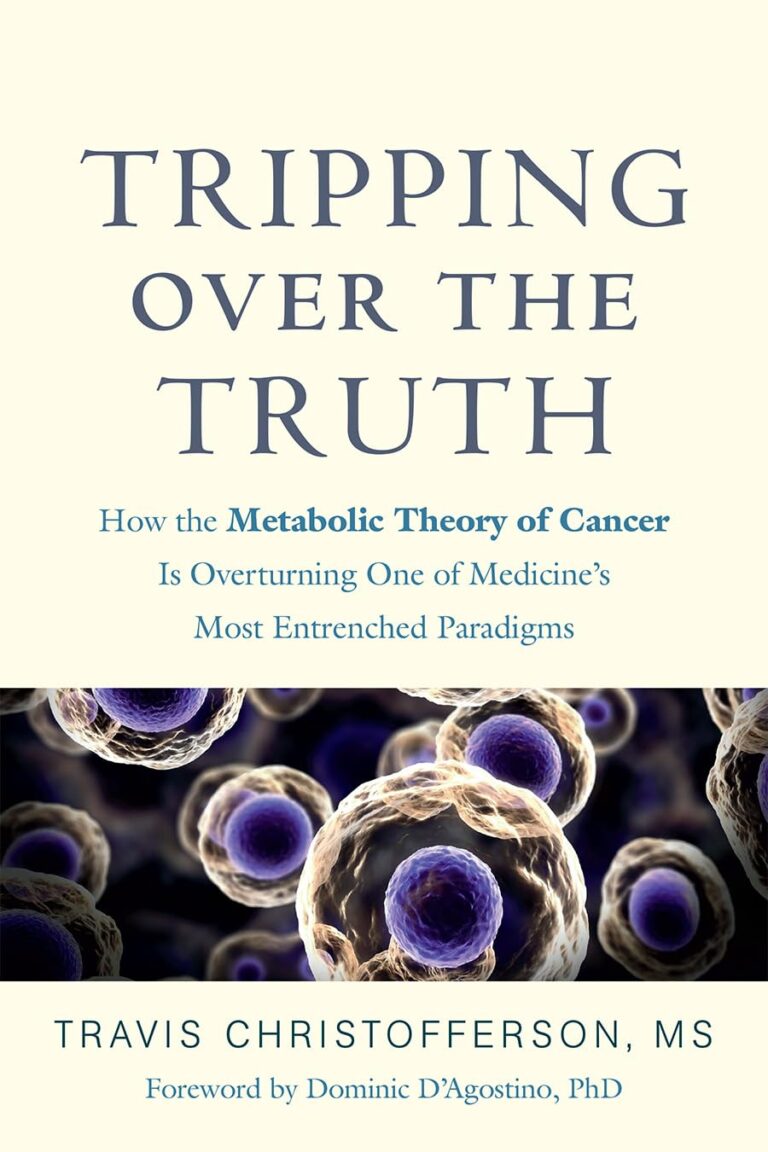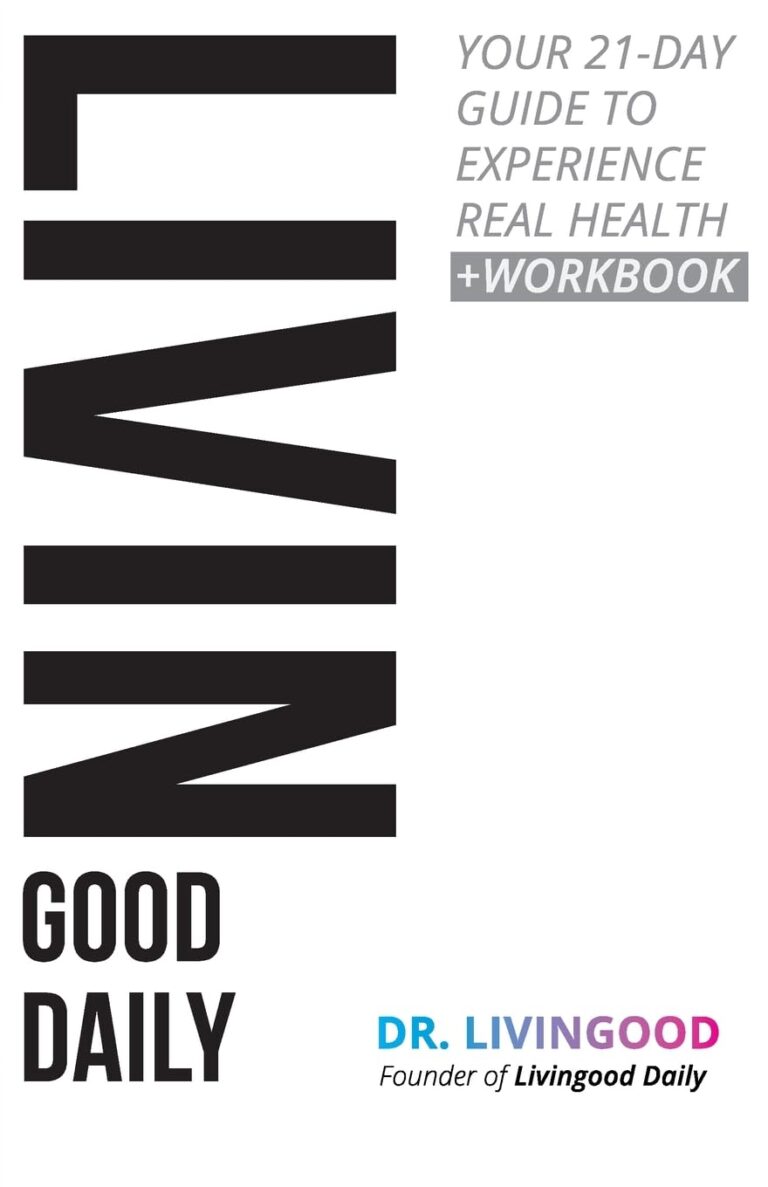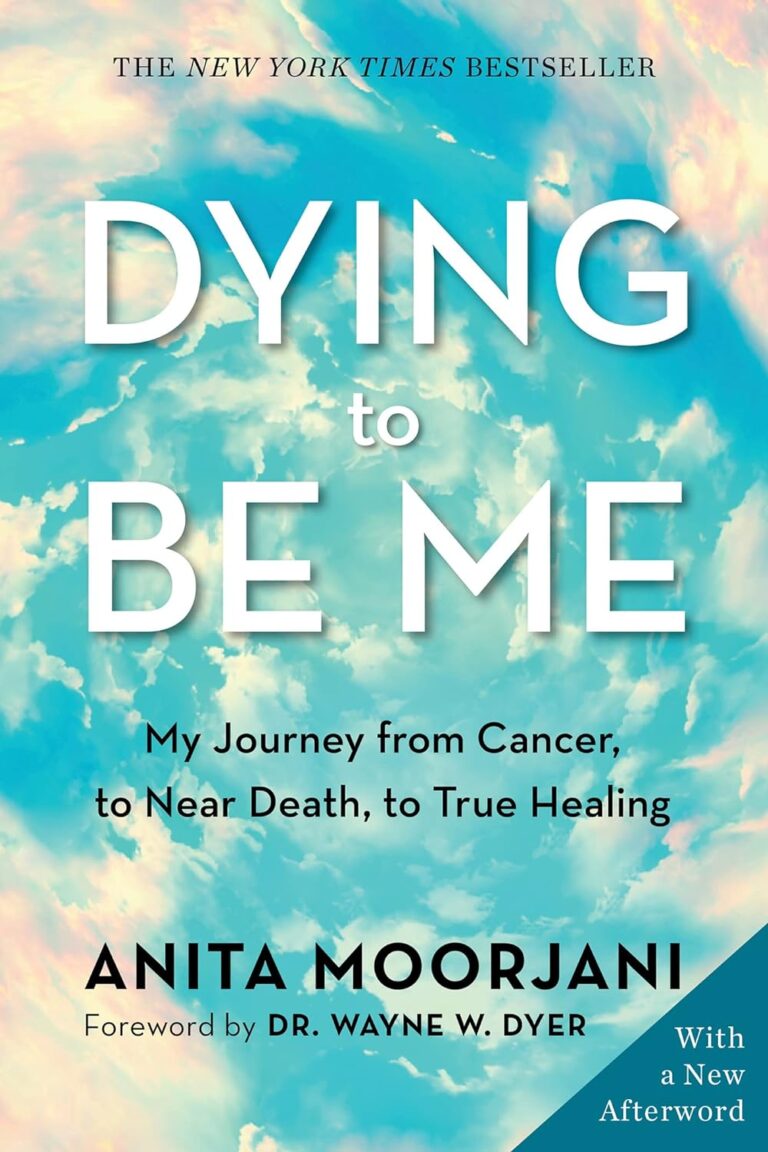
Oncology remains one of the most critical fields in healthcare, influencing countless lives and underpinning our understanding of a wide range of diseases. It encompasses the study of cancer, a disease responsible for millions of fatalities worldwide annually, thereby capturing the attention of scientists, researchers, and healthcare professionals.
Understanding Oncology is of utmost importance, especially considering the rising cancer incidence rates globally. By gaining a deep insight into Oncology, we can enhance our capacity to fight cancer more effectively and hopefully reduce its impact on society.
The Definition of Oncology
At its core, Oncology pertains to the study of cancer. It is a branch of medicine that explores the diagnosis, prevention, and treatment of cancer. Oncologists, the doctors specializing in this field, work on understanding the behavior of cancerous cells, devising strategies to mitigate its adverse effects.
The term ‘Oncology’ has its origin from the Greek words ‘onkos’ and ‘logos’, meaning ‘tumor’ and ‘study of’, respectively. In essence, it signifies the study of tumors or cancer.
Oncology is divided into several subtypes, like Medical Oncology, Surgical Oncology, and Radiation Oncology, among others, each focusing on different aspects of cancer care.
The Role of an Oncologist
An oncologist performs a multifaceted role. They diagnose cancer using a variety of methods, advise patients on the best course of treatment, and manage symptoms throughout the care process. Oncologists also play a critical role in conducting research and educating other healthcare professionals about cancer.
Oncologists specialize in different areas. Medical Oncologists use medications like chemotherapy or targeted therapy, Surgical Oncologists remove tumors and perform biopsies, and Radiation Oncologists treat cancer using therapeutic radiation.
Fields Related to Oncology
Oncology is an interdisciplinary field, collaborating with various other healthcare disciplines. Radiologists, pathologists, pharmacologists, nursing staff, and social workers are among the professionals who routinely work with oncologists for comprehensive cancer care.
This team-based approach is paramount in Oncology care. Cancer is a complex disease, necessitating diverse experts who can assess the situation from different perspectives for optimal patient outcome.
Oncology Research & Advancements
Research in Oncology is evolving at a rapid pace. Scientists are currently investigating potential genetic links to cancer, novel immunotherapy techniques, and advanced diagnostic tools. The advent of AI and big data in healthcare further promises an exciting future for Oncology.
These advancements have a tremendous impact on patient care. They carry the potential to swiftly diagnose cancer, predict patients’ response to various treatments, and devise custom treatment plans based on genetic profiles.
Get to know us better
If you are reading this, you are in the right place – we do not care who you are and what you do, press the button and follow discussions live

Case Study: Oncology in Action
Oncology in real-world applications is a testament to its significance. For instance, a patient diagnosed with breast cancer would require the collaborative efforts of a medical oncologist, surgical oncologist, and a radiation oncologist. The medical oncologist may administer chemotherapy to shrink the tumor, the surgical oncologist would then remove the tumor, and finally, the radiation oncologist would eradicate any remaining cancer cells.
Such multidimensional approach empowers oncologists to make well-informed decisions tailored to individual case characteristics and therefore, providing better patient care.
Conclusion
Oncology plays a pivotal role in modern healthcare. From understanding cancer to devising novel treatment approaches, Oncology forms the bedrock of our fight against cancer.
The field of Oncology, with its extensive reach and influence on global health, demonstrates the critical role it plays in creating a healthier and more informed society.
FAQs
1. What are the main types of cancers an oncologist deals with?
An oncologist deals with all types of cancer, including but not limited to lung, breast, prostate, colorectal, and skin cancers.
2. What qualifications are needed to become an oncologist?
Becoming an Oncologist requires extensive study. It begins with a Bachelor’s degree, followed by four years of medical school to become a Doctor of Medicine (MD). Thereafter, a 3-year residency in Internal Medicine and a 2-4 years’ fellowship in Oncology is required.
3. How important is Oncology in the field of modern healthcare?
Given the rising incidence of cancer worldwide, Oncology is a highly significant speciality in modern healthcare. Oncologists work not only to treat cancer but also to research potential cures and formulate prevention strategies.
4. What recent advancements have been made in Oncology?
Oncology is witnessing several advancements, including the incorporation of AI and gene therapy techniques in cancer diagnosis, predictive analytics to unlock personalized treatments, and advances in immunotherapies.
5. How does a team approach enhance the effectiveness of Oncology care?
Due to the complex and multifaceted nature of cancer, a team-based approach enhances the effectiveness of Oncology care. It facilitates a comprehensive understanding of a patient’s condition and aligns their care plan with their unique needs.

















Comments
Thank you. Comment sent for approval.
Something is wrong, try again later